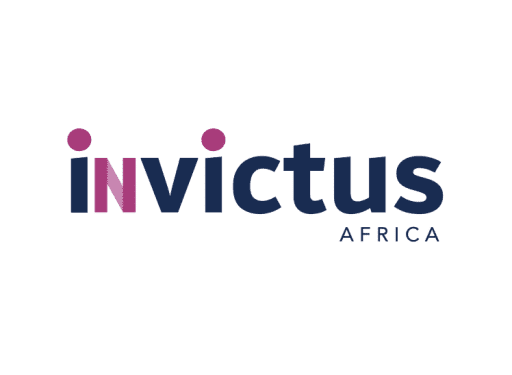Invictus Africa, an organization dedicated to promoting human rights and gender equality through data-driven advocacy, digital technologies, and capacity development, has strongly condemned the culture of bullying revealed at Lead British School in Abuja.
The organization’s statement comes in response to distressing videos that recently went viral, depicting a young girl being physically assaulted by her schoolmate while other students remained silent bystanders.
In a statement signed by its Executive Director, Bukky Shonibare, the organization expressed concern over the alarming prevalence of bullying within the school, and stressed the detrimental impact such behavior has on victims, including depression, anxiety, and low self-esteem.
Shonibare also noted that tragically, bullying has also been linked to instances of suicide, highlighting the urgent need for effective prevention and response measures.
The statement reads in part that, “bullying, as a form of school-based violence, poses a significant threat to the safe and inclusive learning environment that educational institutions should provide, it is unacceptable, and duty bearers must take serious measures to address it.”
In light of the recent incidents, Invictus Africa called for schools to implement robust anti-bullying policies with severe consequences for perpetrators. School administrators were urged to prioritize creating positive and friendly learning environments where every student feels valued and protected.
The organization also emphasized the role of parents in instilling moral values and teaching empathy to their children. “Charity begins at home, parents play a crucial role in shaping their children’s behavior and must educate them to be kind, compassionate, and respectful towards others.”
While commending the temporary closure of Lead British School, Abuja, Invictus Africa stressed that more comprehensive action is needed from the Nigerian Government to address the root causes of bullying in schools.
“All hands must be on deck to create safe and inclusive environments where every student feels respected and protected,” Shonibare added.

